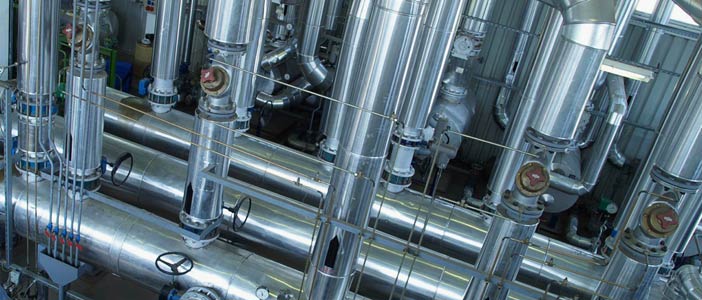Refining biomass
In analogy to processing crude oil in oil refineries, biomass also can be refined into valuable products: this is called bio-refinery. Bio-refinery plays a key role in the bio-based economy. Bio-refinery leads to sustainable co-production (cascade) of food, feed, energy, fuel and chemicals on an economically sound basis, with minimal generation of waste.Actually, bio-refinery is a collective name for a number of key technologies:
- biochemical of biotechnical synthesis: fermentation or digestion using enzymes, yeasts, fungi, bacteria and algae production
- thermochemical synthesis: gassing, hydrothermal upgrading, Torre faction and pyrolysis
- separation technology: extraction, pressing, filtration, centrifugation, pervaporaton, etc.
In analogy with petroleum refinery, bio-refinery also aims at the unravelling of raw material, in this case biomass, into various components, which later on can be processed into materials, chemicals, fuel and energy, so the biomass can be fully utilized.
A major difference between bio-refinery and petroleum refinery is the over 50 years experience in petroleum refinery, while many new bio-refinery concepts are still under development or yet to be developed.
Bio-refinery is a very broad term, but according to the definition of the International Energy Agency, bio-refinery is “the sustainable processing of biomass into a spectrum of marketable products and energy”. Its goal is to maximize the efficient use of biomass: all components are optimally used and the generation of residues is minimized.
In an ideal situation, no additional burden is placed on agricultural land by full utilization of biomass. Also at later moments in the different value chains, biomass residues can be interchanged for optimal use and prevention of competition between food, feed and fuel.




